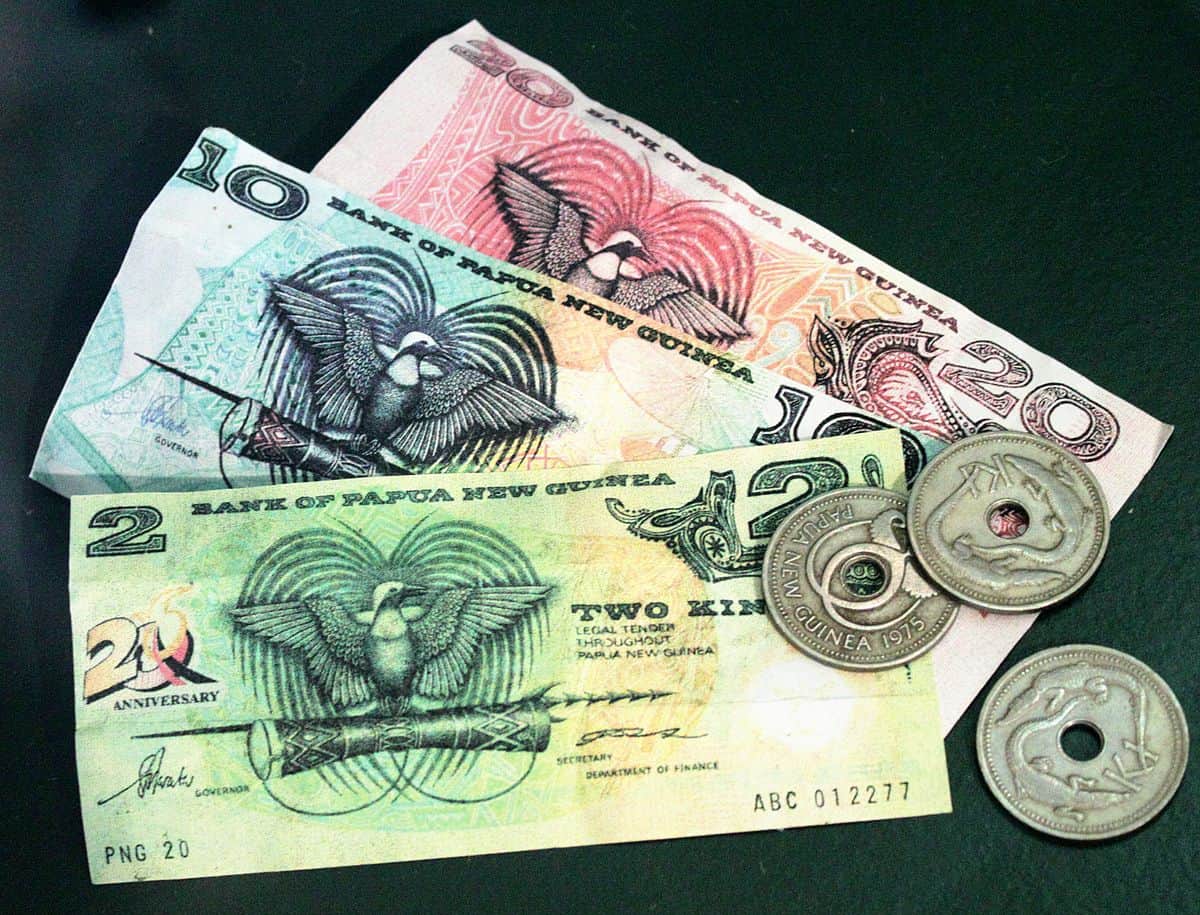The Bank of Papua New Guinea has poured cold water on speculation about a Kina devaluation, with acting governor Elizabeth Genia calling it unfounded.
“There has been a lot of speculation recently on a devaluation of the Kina.
“While there are grounds for the Kina to depreciate in a gradual and in a measured way, any talk of a devaluation is unfounded,” she said.
Her statement supported what International Trade and Investment Minister Richard Mara said last week, that there would not be any devaluation of the Kina.
Maru said: “Our people have suffered enough. If we devaluate the Kina, the prices of goods and services would hit the roof. What responsible (government) would do that? I am speaking not only as a member of Cabinet but also as the MP of my people of Yangoru-Saussia.”
There have been recent discussions, analysis and recommendations by policy advisers that the Kina is overvalued.
And a devaluation in the range of 15 percent to 20 percent is needed on the back of the recent International Monetary Fund funding to PNG.
Treasurer Ian Ling-Stuckey also said a large devaluation now of 15 to 20 percent made no sense.
“This will not happen,” he said.
“The Government has already increased by 300 per cent the release of foreign exchange into the market, from US$30 million (about K107.4 million) per month to US$100 million (about K358.2 million) per month,” Ling-Stuckey said. Genia added that import demand was a significant component of the overall demand for foreign currency.
“Whether that be a payment for goods or a payment for services,” she said.
“That demand is spread evenly across all sectors — manufacturing, wholesale and retail imports, construction, transport and telecommunications.”
She said BPNG monitored foreign currency inflows very closely.
“We stepped up our intervention programme this year to support the market,” she added.
“We are seeing the benefits of that but we know there is a lot more work to do.
“It will take a coordinated action on a number of fronts to meet the demand for foreign currency. “And the BPNG is committed to that path forward,” she said.
